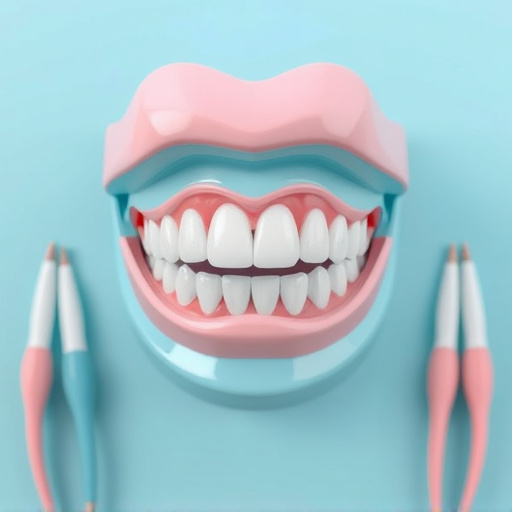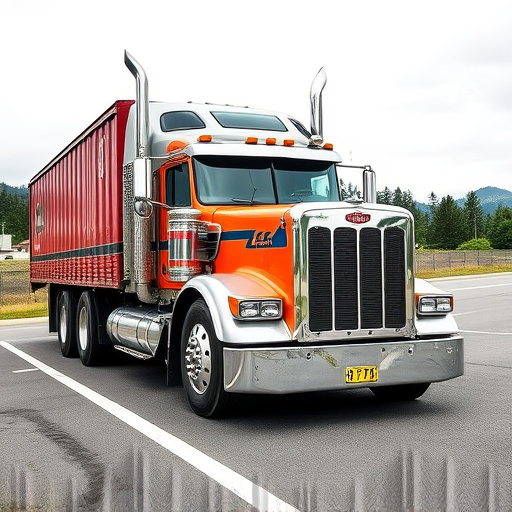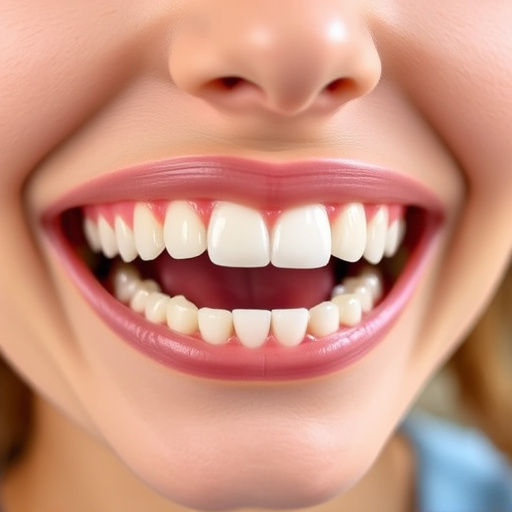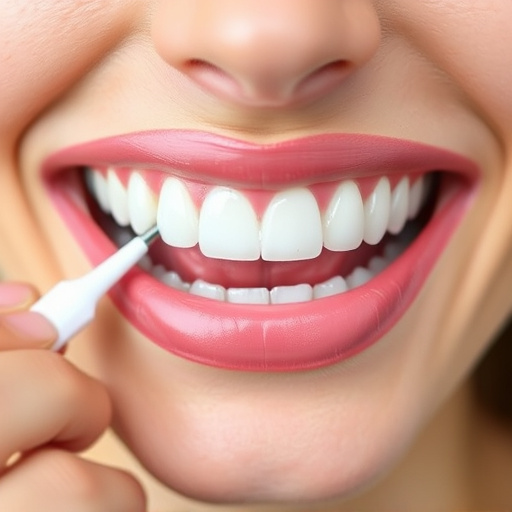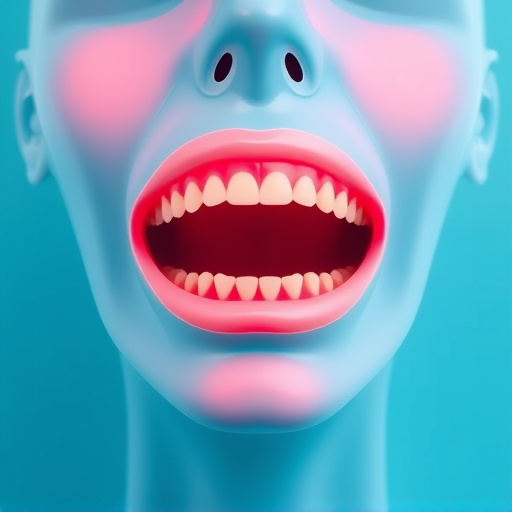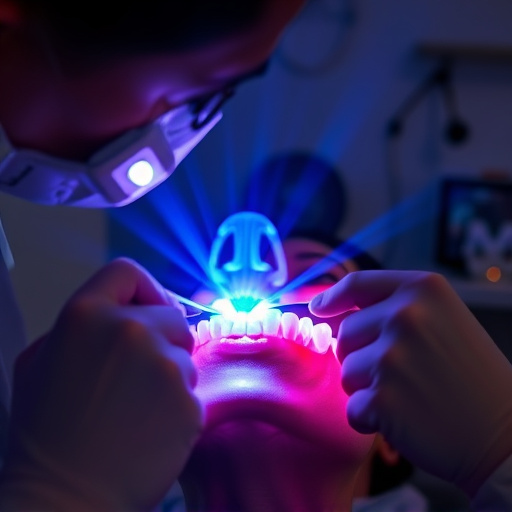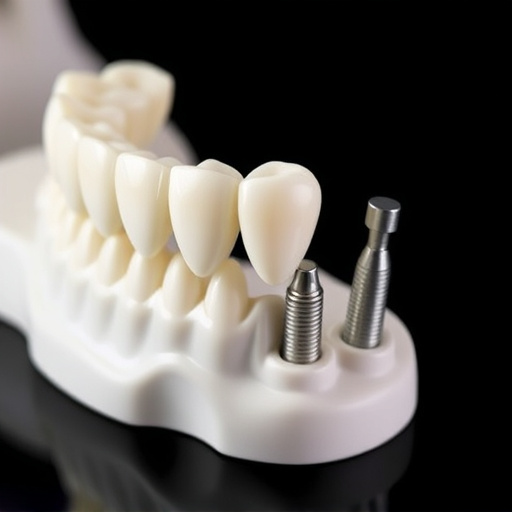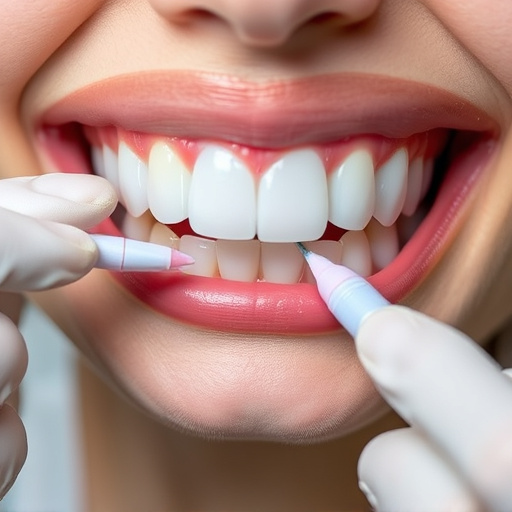Seniors with mobility limitations face unique challenges in maintaining dental health due to age-related issues like decreased dexterity. Effective preventive dentistry requires tailored strategies at home and in clinics, including specialized tools, accessible environments, and non-invasive treatments like dental fillings. Family members and caregivers play a crucial role in supporting oral health, while dental professionals provide essential services and education. This collaborative approach enhances the quality of life for elderly individuals with restricted mobility.
“Ensuring optimal dental health for seniors with mobility limitations is a critical yet often overlooked aspect of their overall well-being. This article explores the unique challenges these individuals face in maintaining oral hygiene and provides practical solutions. We discuss accessible strategies both at home and in dental clinics, emphasizing the collaborative role of family, caregivers, and dental professionals. By understanding their specific needs, we can significantly improve dental care for seniors, fostering better oral health outcomes.”
- Understanding the Unique Dental Needs of Seniors with Mobility Issues
- Strategies for Accessible Dental Care at Home and in Clinics
- The Role of Family, Caregivers, and Dental Professionals in Ensuring Optimal Oral Health
Understanding the Unique Dental Needs of Seniors with Mobility Issues

Seniors with mobility limitations often face unique challenges when it comes to their dental health and hygiene. As people age, they may experience decreased dexterity, reduced mobility, or even chronic pain, making it difficult to maintain proper oral care routines. These factors contribute to a range of dental issues that require specialized attention.
Understanding the specific needs of this demographic is crucial for implementing effective preventive dentistry. Regular teeth cleaning becomes more complex due to accessibility barriers, and certain conditions may necessitate alternative approaches to traditional dental procedures, such as applying local anesthetics or using specialized equipment designed for limited-mobility patients. Moreover, addressing existing problems like tooth decay, gum disease, and even managing oral pain is essential, with a focus on non-invasive treatments, including dental fillings when necessary, to ensure their overall well-being and maintain their quality of life.
Strategies for Accessible Dental Care at Home and in Clinics

Ensuring dental care for seniors with mobility limitations requires tailored strategies both at home and in clinics. For home-based care, family members or caregivers can play a pivotal role by learning basic oral hygiene techniques and adapting them to their loved one’s abilities. This might involve using specialized tools designed for easier access and comfort, such as long-handled toothbrushes or dental flossers. Creating a soothing and accessible environment can also promote better oral health; this includes ensuring the area is well-lit, quiet, and free from clutter to minimize disorientation.
In clinical settings, adapting services to meet the needs of senior patients with mobility issues is crucial. This can include offering chairs or beds that adjust for height and comfort, providing a calm waiting area with minimal sensory overload, and allowing extra time for appointments. Family dentistry practices often excel in these areas, promoting preventive dentistry through regular dental cleanings tailored to individual needs. By implementing such strategies, both at home and in clinics, the focus shifts from managing oral health issues to maintaining it proactively, enhancing overall quality of life for seniors with mobility limitations.
The Role of Family, Caregivers, and Dental Professionals in Ensuring Optimal Oral Health

In ensuring optimal oral health for seniors with mobility limitations, family members play a pivotal role by providing support and assistance during routine dental care activities. They can help with transportation to dental clinics, offering reminders for medication and appointments, and even assisting with basic oral hygiene tasks. Caregivers, whether professional or familial, are on the front line, ensuring that daily brushing, flossing, and mouthwashing routines are maintained. Their vigilance is crucial in detecting any signs of oral decay, gum disease, or other issues early on, which can significantly impact an elderly individual’s overall health.
Dental professionals have a dual responsibility in this context. They not only provide essential services like routine cleanings, dental fillings, and tooth extractions when necessary but also educate both patients and caregivers about the importance of good oral hygiene. In cases where mobility issues lead to limited access to emergency dental care, dentists can offer guidance on managing acute situations, ensuring that seniors receive prompt attention even in their homes. This collaborative effort between families, caregivers, and dental professionals significantly contributes to maintaining the dental health and overall quality of life for elderly individuals with restricted mobility.
Dental care for seniors with mobility limitations is a multifaceted challenge that requires tailored strategies both at home and in clinics. By understanding the unique oral health needs of this population, implementing accessible practices, and fostering collaboration between family, caregivers, and dental professionals, we can ensure optimal oral health for seniors. Customized home-based care and inclusive clinic environments are crucial steps towards meeting these dental care for seniors needs effectively.




